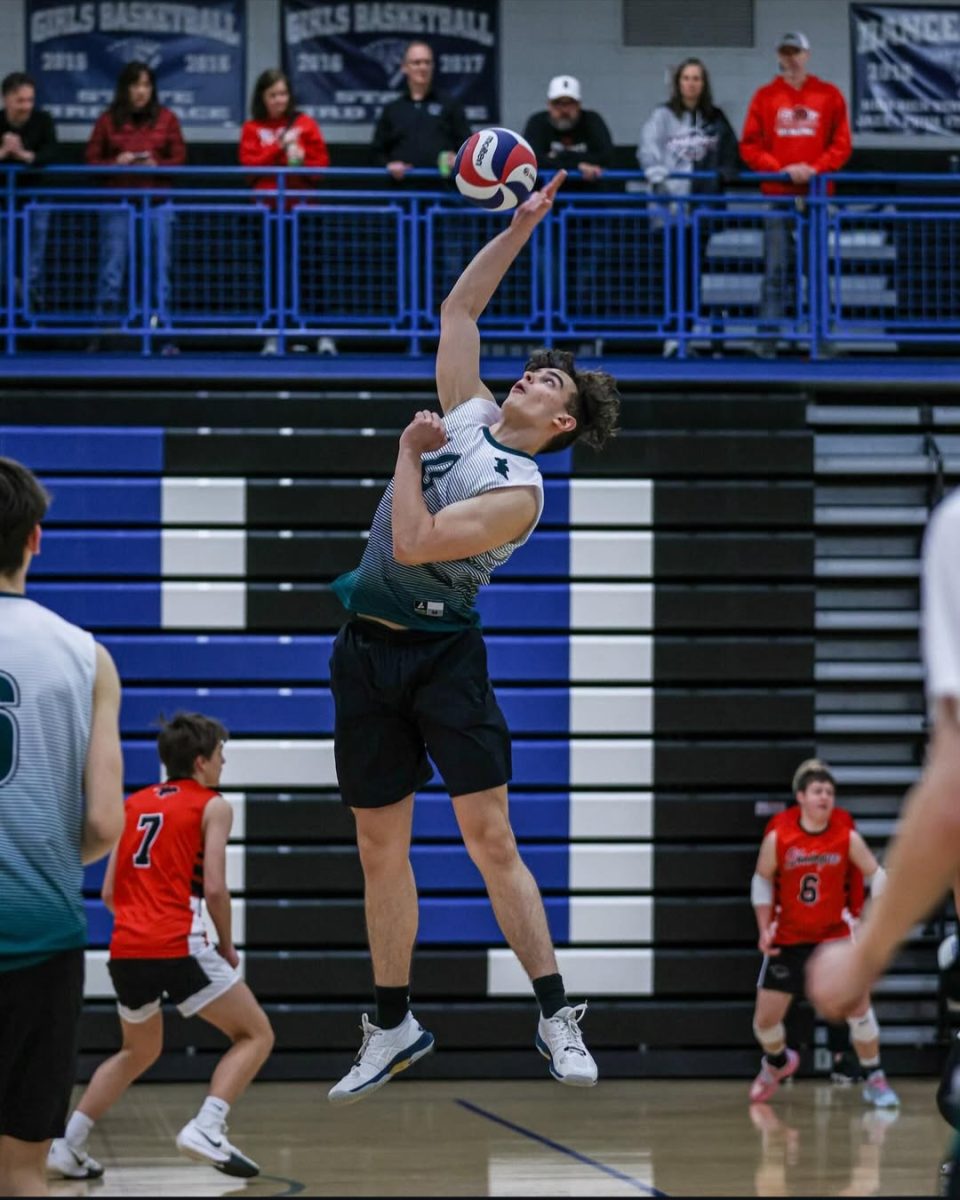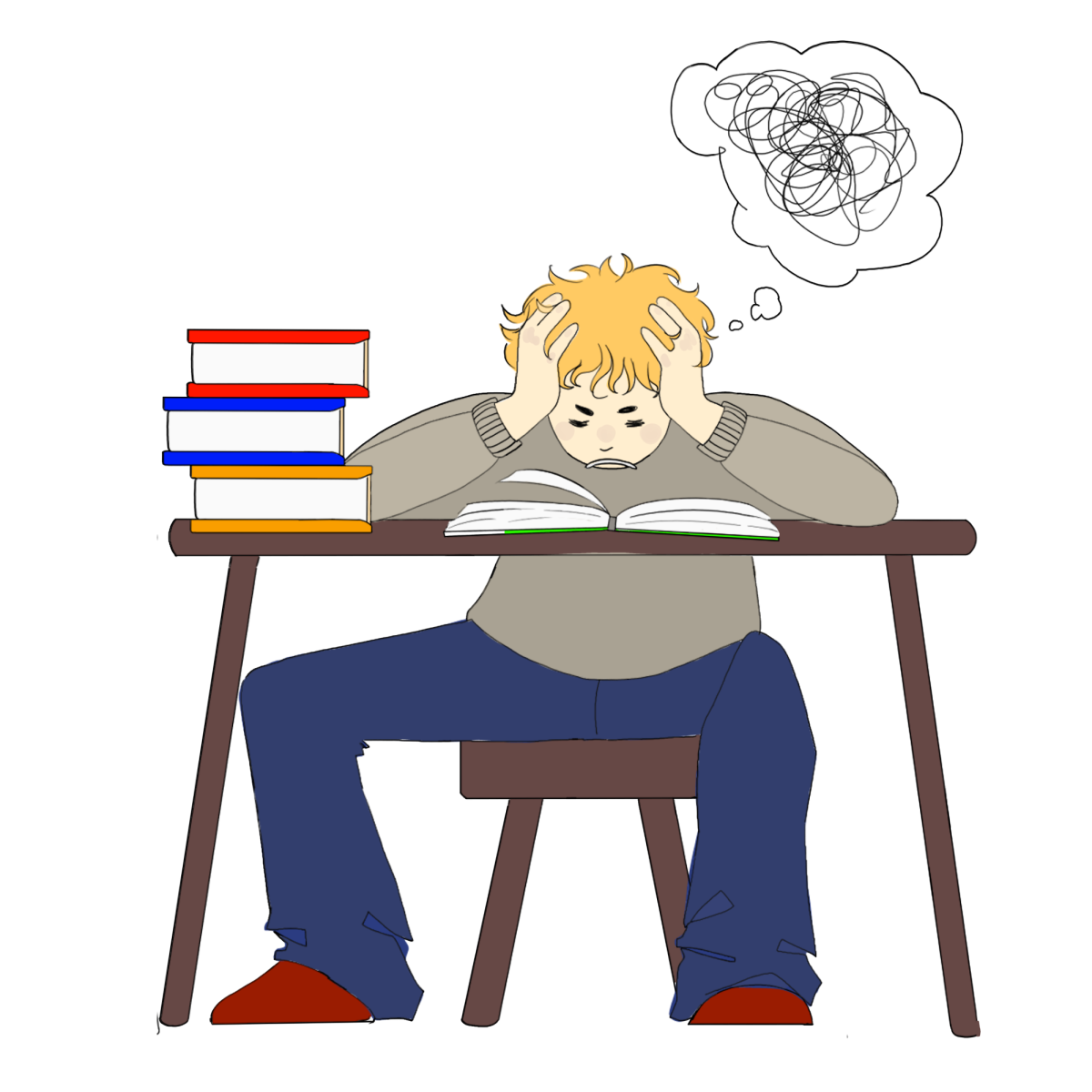Many students think that cramming on energy-drink-fueled Sunday nights and endlessly rereading their notes is the best way to study. However, a basic understanding of psychology reveals more effective and efficient study methods.
Although many factors contribute to an individual’s understanding, the note-taking method a student uses plays a crucial role in learning. While some find typing notes convenient, the fast-paced action gives the brain less time to summarize and process information. Handwritten notes have a higher chance of retention due to the cooperative motor action and mental recognition of the information. However, students often overestimate the importance of underlining and highlighting with handwritten notes; while it may be pretty, emphasizing your notes with neon colors is not useful by itself for long-term memorization.
More than just learning, retention of knowledge relies on memorization, especially active methods, instead of just re-reading class notes, which only ensures that a student can recognize and not recall material. Active recall involves retrieving information from your brain without being prompted, such as using flashcards or writing practice test questions. In a study conducted by The American Psychological Association in 2011, participants were separated into multiple groups and given the same list of words to remember, using different methods of memorization. In groups where participants used extensive memory training methods such as active recall, participants accurately relayed the list, while others struggled remembering it.
Many students’ study habits of cramming the night before actually hurt their test scores. A study published in Applied Cognitive Psychology shows that studying for long periods of time before an exam not only leaves students exhausted, but also disappointed in their test results. The study shows that the information that the students review while cramming has little chance of being fully retained in the long term. A way around this is the spaced repetition technique, studying at intervals that are closer at the beginning and more spread out as time passes. “Studying over a course of time, instead of doing it [all] one night, [like] taking five minutes and looking through your notes and over every single day, …can really help,” said Carolynne Ladd, social studies teacher. This is because daily repetition strengthens connections in the brain, making it easier to recall and remember information over time.
In addition, sleep is often overlooked by students, but research shows that it directly influences both cognitive functions and memory retention. During sleep, the brain transfers what was learned during the day from short-term memory to long-term memory. Lack of sleep can disrupt this process, making remembering the material more difficult for the student and decreasing focus and concentration.
Effective studying methods give students an incredible advantage to stay on top of their academic performance on tests, as well as leaving them with more time to spend on outside activities. Using these tools and knowing their benefits can help prepare students for tests, including the upcoming ACT in April or AP tests in May.














![[DEBATES] Prestigious colleges: value or hype?](https://www.mvviewer.org/wp-content/uploads/2024/12/buildings-1200x654.png)































![[OPINION] The dark origins of TikTok's looksmaxxing trend](https://www.mvviewer.org/wp-content/uploads/2024/02/Copy-of-Copy-of-Untitled-Design-1200x675.png)











